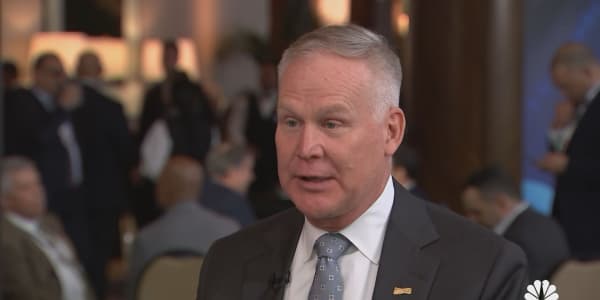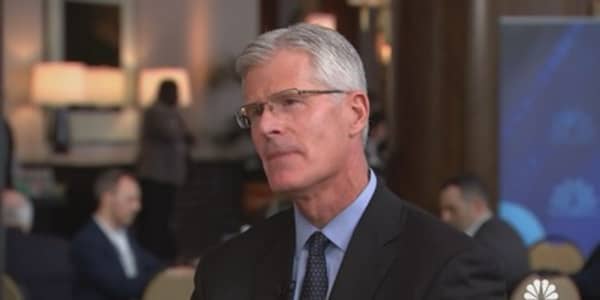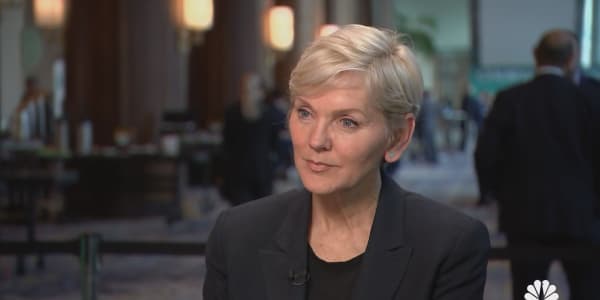
U.S. Energy Secretary Rick Perry on Wednesday said his country's relationship with Canada and Mexico could become "uncomfortable" during negotiations over their free trade agreement.
Perry made his comments during a panel with Canadian Minister of Natural Resources James Gordon Carr and Mexican Secretary of Energy Pedro Joaquin Coldwell at CERAWeek by IHS Markit in Houston.
The United States' relationship with both countries has come under strain as negotiations over NAFTA stretch out and President Donald Trump threatens to slap broad sanctions on steel and aluminum.
"Competition is an uncomfortable thing, and relationships are uncomfortable from time to time. Incredibly close relationships are uncomfortable from time to time, and we work our way through those," he said.
"As we renegotiate NAFTA there are going to be some uncomfortable things, but we realize at the end of this, we are so much stronger together than we are divided."
Perry said the energy industry, leveraging the continent's substantial oil and gas reserves, can create a North American strategy that is powerful around the world.
Competition is an uncomfortable thing, and relationships are uncomfortable from time to time.
To be sure, the White House hinted on Wednesday that any steel and aluminum tariffs could include carve-outs for Mexico and Canada.
The ministers frequently evoked their close relationship, but there was an undercurrent of tension as the threat of trade war and the prospect of NAFTA's collapse loomed over the panel.
Carr appeared to allude to that tension in his opening remarks.
"We come to Houston every year, and we meet in between. The three of us have been on panels together virtually all over the world. It's something which you never want to end but politics being what they are, I don't know how many more we'll have," he said.
Carr said there is perhaps no better example of how a free trade agreement is in the interest of all the countries than the energy sector.
North American energy markets are closely intertwined. Canada ships nearly all of its crude oil exports to the United States, and Mexico's appetite for natural gas has driven a boom in U.S. pipeline shipments in recent years.
Coldwell said the relationship with the United States represents interdependency, not dependence on Mexico's part. He noted that Mexico sells crude to the United States, while importing natural gas and gasoline at some of the best prices in the world.
Mexico's energy reforms, which are opening the sector to private companies, present great opportunities for investors from the United States and Canada, according to Coldwell. He said 17 Canadian and U.S. companies have won contracts for oil and gas exploration, and he partnerships with the two countries will build 7,500 kilometers of pipeline in Mexico.
"I think that now is the time. This opens an opportunity for companies on the other side of the border to come into Mexico," he said.
"I think Mexico is much more open now to cooperation with our partners in the north."
Carr, in an appearance on CNBC, noted that the three countries are dependent on each other and create jobs for each other. He stressed that the U.S. and Canada are allies and major trading partners.
"We are absolutely joined, integrated," he said, "which is healthy for all three countries."
He declined to comment on whether the United States' threats on tariffs are a tactic to push trade talks.
"I wouldn't want to speculate on the tactics of the negotiators," he said.
Canada believes the current NAFTA agreement is very good, but it could be refreshed, Carr said.
More from CERAWeek:
GM's Barra says ramping Bolt production as world moving to all-electric
WATCH: White House on tariff carve-outs for Canada, Mexico







